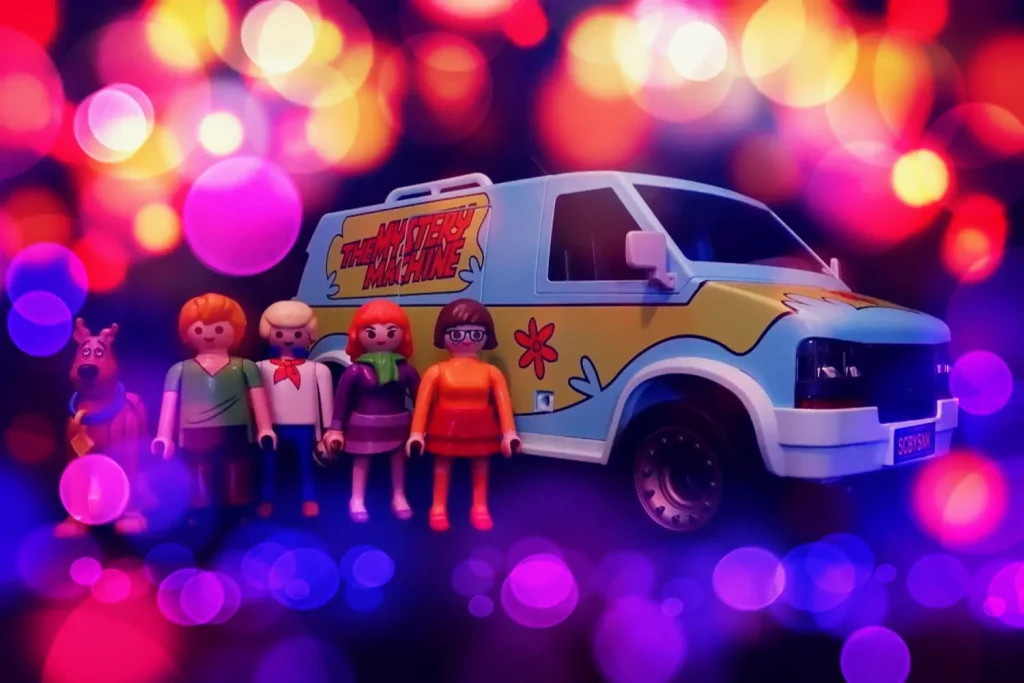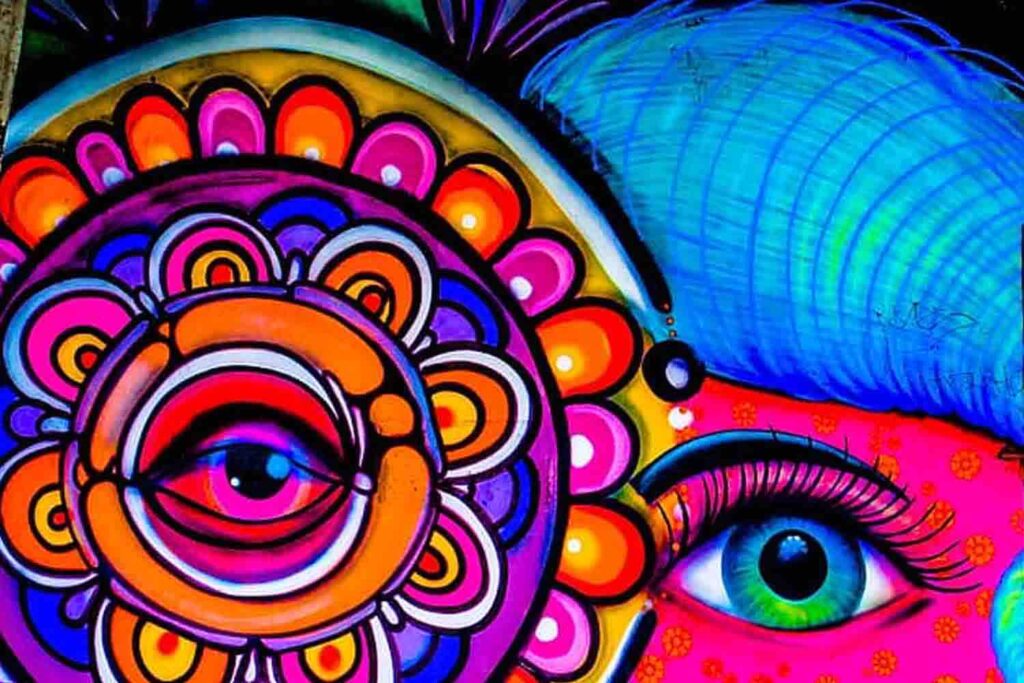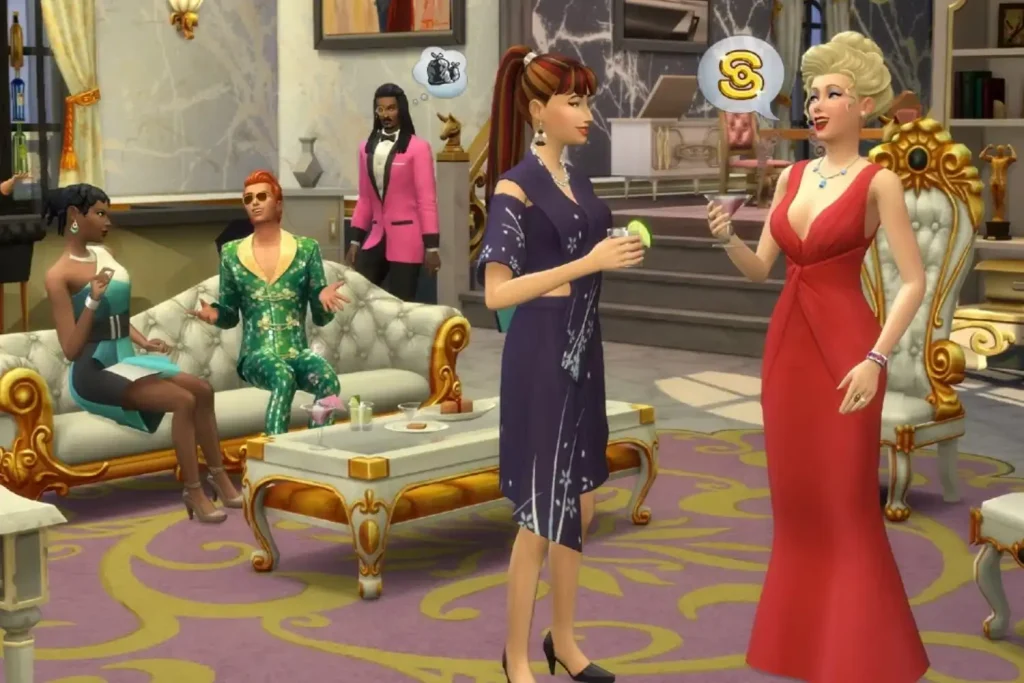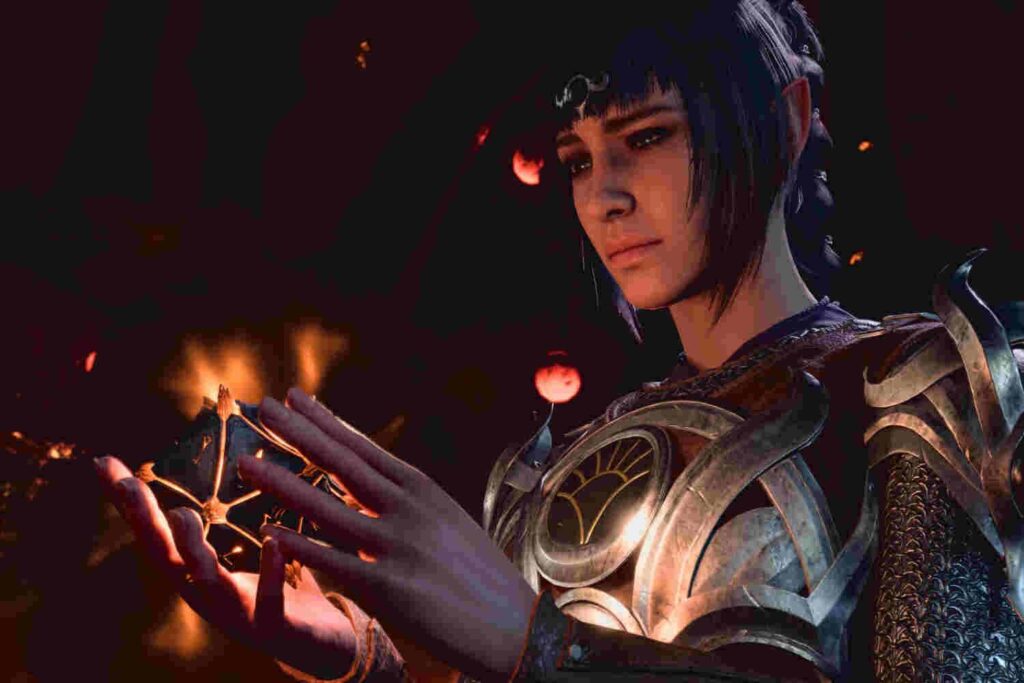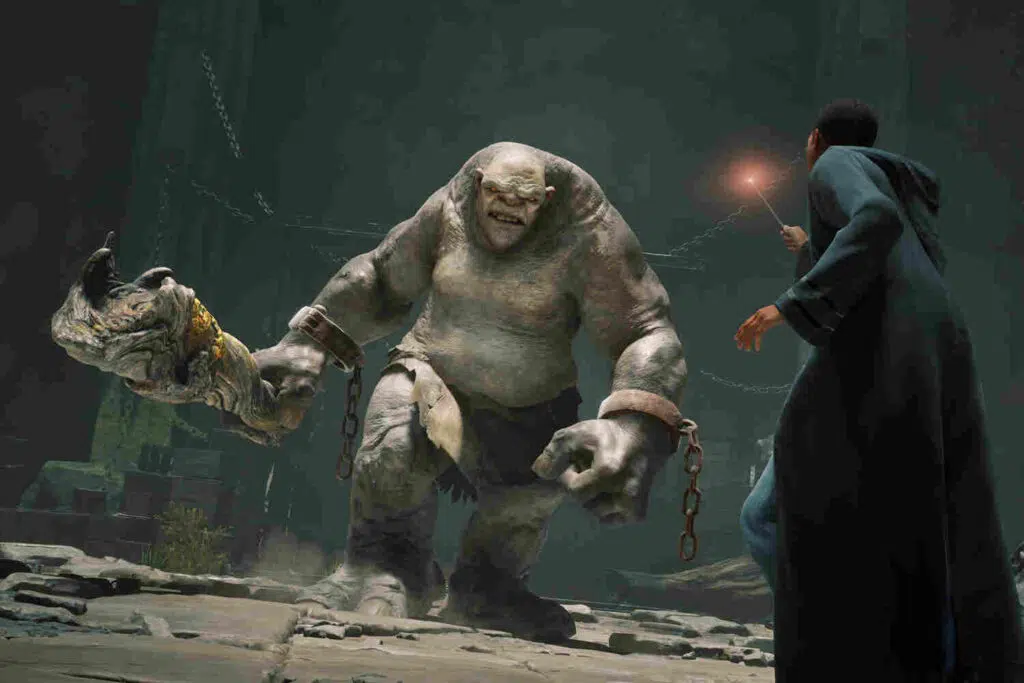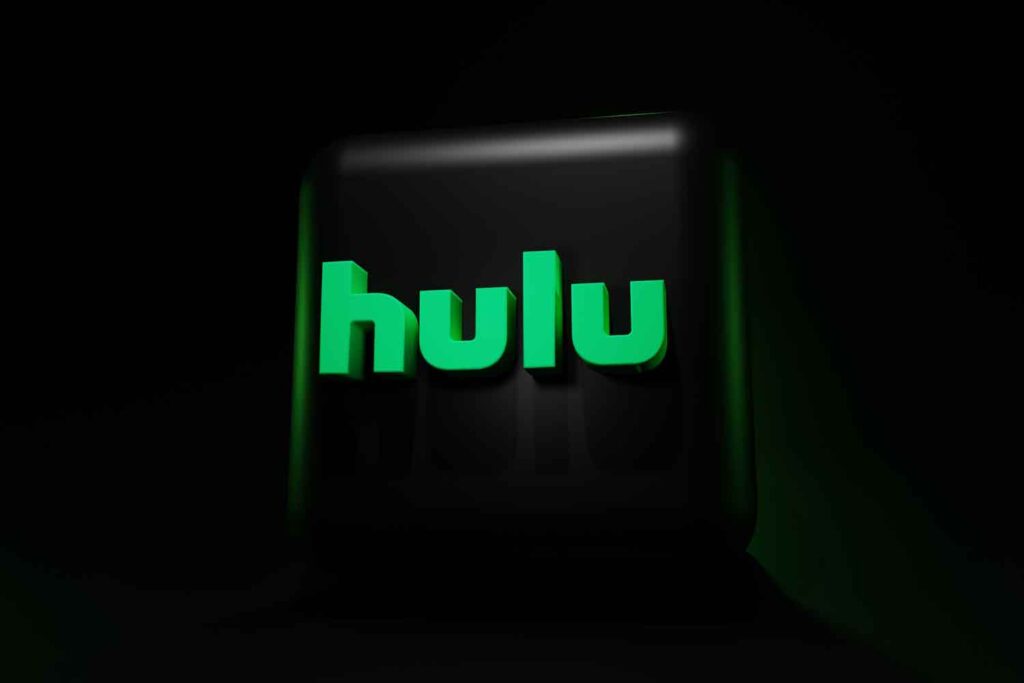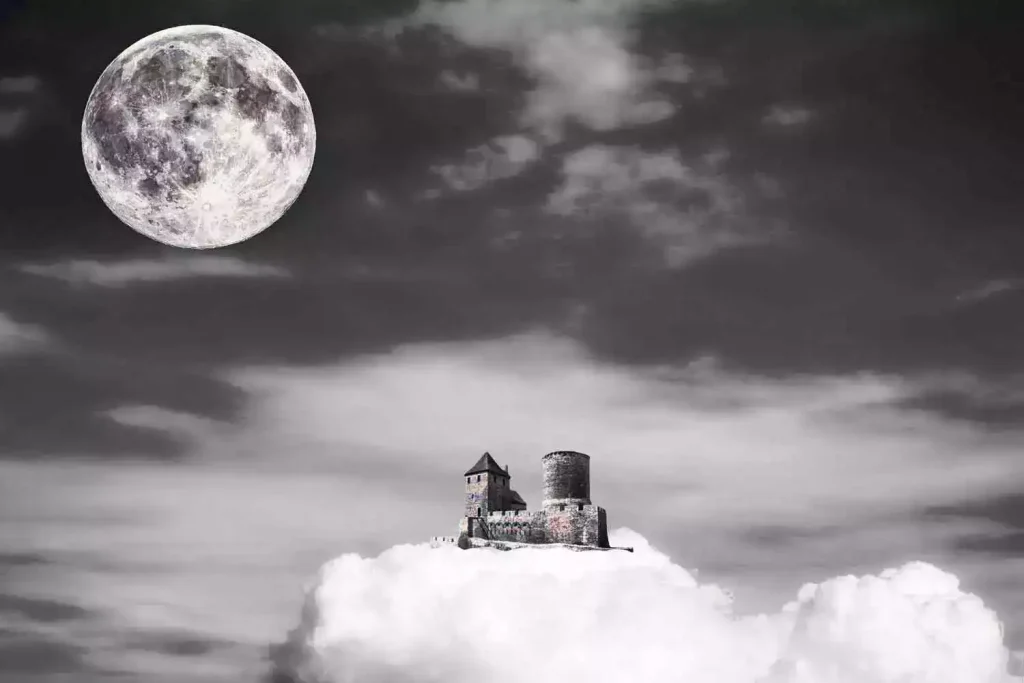Movies Like Platform That Give a Voice to the Oppressed
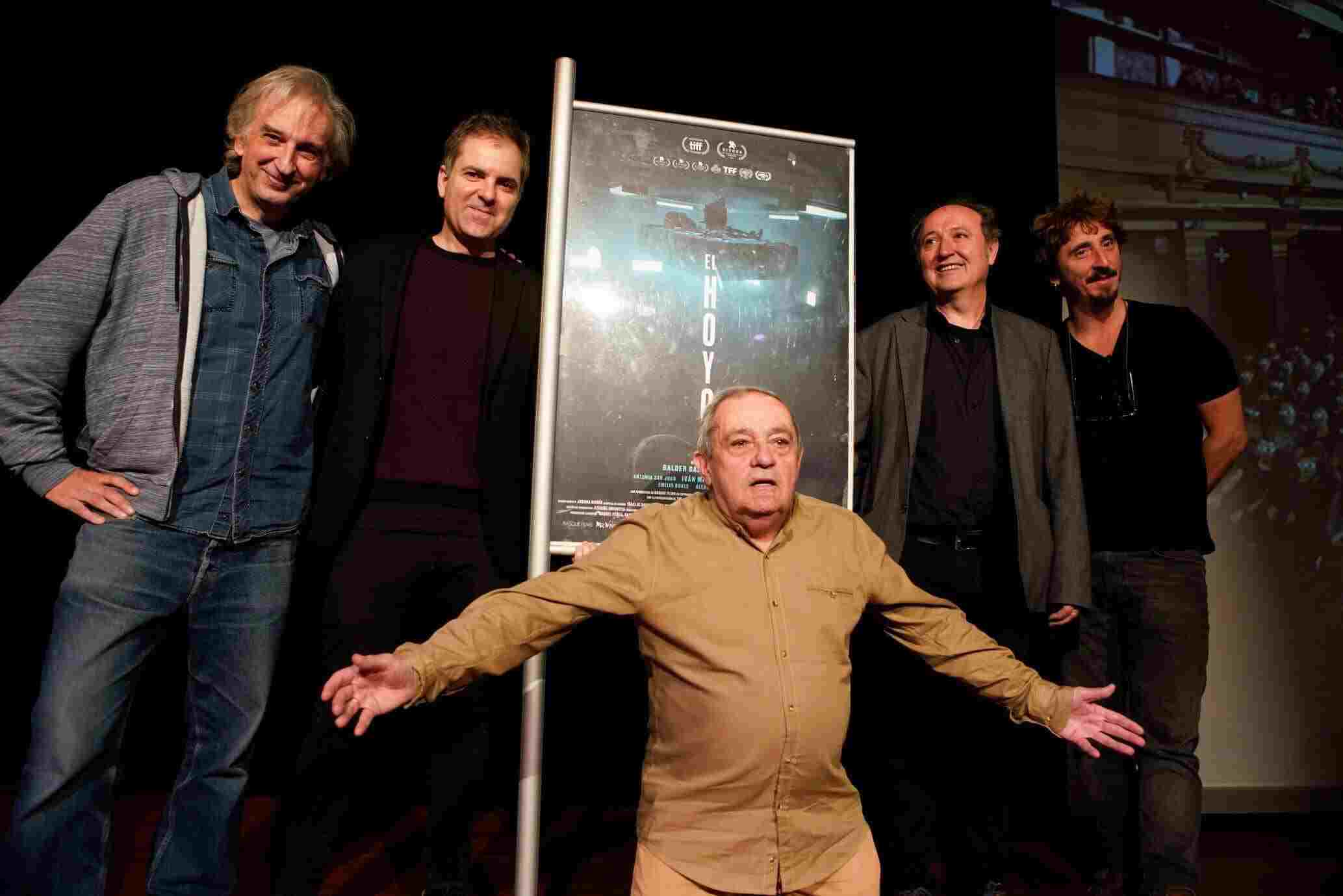
Looking for more movies like The Platform? Read on!
If there was ever a movie that perfectly demonstrated the class system, it’s Galder Gaztelu-Urrutia’s 2019 film, “The Platform.” Set in a vertical prison the depth of which remains unknown to its prisoners, the film showcases the nature of human greed and desire for survival. But instead of villainizing its protagonists for the choices they make, it offers a deeper understanding of how people might come to make such choices in the first place.
The Platform was a wonderfully crafted film. It manages to address a variety of social issues, with capitalism being its largest target.
Here are a few more films like Platform that address social issues in novel ways.
Photo: Flickr
Movies Like The Platform
At its most basic level, Platform is a commentary on capitalism and overconsumption. Here’s a list of movies that address the perils of a class-based society.
Parasite (2019)
Bong Joon-ho’s black comedy certainly made quite a splash, sweeping the award shows and prompting several articles on its inherent assessment of class. But instead of simply lending a voice to the oppressed, Parasite has a double meaning.
On the one hand, the “parasite” in question is the poor Kim family that leeches off the rich Park family. On the flip side, The Park family represents the elite class who, without ever having acquired basic life skills, use their wealth to leech off the labor of the poor. Bong’s expert take on the issue of class itself has earned him significant praise.
For those relatively unfamiliar with his work, this is hardly Bong’s first or his only successful attempt at addressing societal inequalities. On the contrary, it forms the crux of his body of work.
Snowpiercer (2013)
The name Snowpiercer might ring a bell since most of us are familiar with the 2020 Netflix series. But before the series, there was Bong’s 2013 movie version, itself based on the French novel Le Transperceneige. And despite not having nearly as much room to flesh out its characters as the series, Bong still managed to tell a riveting, expertly-paced tale of class divide, greed, and privilege.
Like Platform, Snowpiercer ends with young children being presented as both a hope for a better tomorrow and a message to the elite. What makes Snowpiercer unique, however, is the message within its message.
As Jurrasic Park’s Dr. Ian Malcom once put it, “Life, uh, finds a way.”
Roma (2018)
Alfonso Cuarón’s Roma is a semi-autobiographical drama that opens a window into the lives of housekeepers from the Mixteco indigenous community and their middle-class employers, all set in the ’70s.
Roma tackles issues ranging from class disparity and social violence to infidelity and familial bonds. Much like Platform, children and their experiences amid sociopolitical upheaval form an underlying element throughout the story.
But what is unique to Roma is it does not attempt to make a grand statement. It simply presents life for its characters and the people they represent as is. What message you take from that is up to you.
Nineteen Eighty-Four (1984)
Outside of its take on class, The Platform is also a window into the human condition. It goes to great lengths to present the prisoners as nothing more or less than simply human. They each make choices both “good” and “bad,” sometimes morally and ethically sound and oftentimes gut-wrenchingly horrifying.
This would be just one of many ways this film pushes its audience to think about the world they live in. The Platform is categorized as a social science fiction-horror film. Despite its evident dystopian themes, social science fiction is a genre that pays no heed to these surroundings. Instead, its aim is to study human behavior within the confines of a dystopian world.
Here are a few more films like Platform from within the social science fiction genre, starting with Nineteen Eighty-Four.
Nineteen Eighty-Four was a genre-defying novel – and later film – that shifted how dystopian fiction would be written for decades to come. Set in a fictional 1984, this tale bears witness to a world where a totalitarian regime and its propaganda control the narrative.
The film’s overarching theme may be about surveillance states, but the underlying, secondary message should definitely not be ignored. While not overtly intending to do so, 1984 does provide a rather insightful and scathing assessment of a class-based society.
With clear distinctions between who gets to live comfortably and who society lets slip through the cracks, 1984 paints a harrowing picture. Perhaps the only thing that can make this tale more haunting than it already is, is how close to home it hits in our modern era.
Knives Out (2019)
Knives Out is a relatively unique addition to this list. It’s a mystery film, one with a distinct lighthearted tone. And it pays homage to the whodunnits of old, meaning there’s nothing arguably dystopian about it.
But make no mistake: its lack of grim, bleak elements does not mean it does not make an equally powerful statement about class as the other films on this list. And nothing makes that more apparent than the subtle ways the Thrombey family treat their maid, Marta. From the hilarity of them alluding to her as a different ethnicity every time it comes up, to them calling her family as they non-verbally demand her labor. All while insisting she is part of the family.
Of course, being a part of the family does not mean she gets to share in their wealth or sit at their table. That would almost make her family, would it not?
“Sorry to Bother You” (2018)
Sorry to Bother You is a surrealist black comedy that begins with a telemarketer attempting to code-switch his way up the corporate ladder and ends with hybrid “Equisapiens” taking down The Man. If that isn’t the most thorough take on capitalism you’ve heard, then you need to dig deeper.
In addition to its unique approach to critiquing capitalism, Sorry to Bother You also references the idea of “false consciousness.” In this context, it serves as a call to action, rallying the masses to unionize against the new era of capitalism masquerading as “your friend.”
And if that isn’t enough to sell you, then there’s always the horsemen.
“Us” (2019)
Jordan Peele has emerged as one of the most insightful and interesting directors of recent times. His 2017 release, Get Out, continues to be debated for its beautifully subtle references to the black experience. And perhaps because of that, his 2019 horror film “Us” tends to not get nearly as much praise as it deserves.
Us centers on Adelaide, or “Addy,” and her family as they go on a vacation. Addy is haunted by a childhood nightmare of having met her doppelgänger in a house of mirrors. Soon enough, the nightmare returns, this time in the form of a doppelgänger revolution led by none other than Addy’s double, Red.
The film offers a refreshing take on the often-maligned horror genre. And a reason for that is under its more apparent take on horror themes ranging from carnivals and doppelgänger lore to H. G. Wells’ Morlocks, Us is also a critique on class and race. Specifically, it addresses what privilege can often look like, and how in order for one person to ascend through the rungs of capitalism, another must fall.
The Hunger Games (2012)
As we list out more movies like The Platform, we naturally must include a section on dystopian films. After all, a “Vertical Self-Management Center” is as dystopian as they come.
And if we’re talking about dystopia, there’s one film that reigns supreme.
Hunger Games is the gold standard for many when it comes to dystopian fiction. It has all the necessary elements for the genre, but it also gives us a riveting story that makes it a class apart.
Pun intended.
Unlike Platform, however, The Hunger Games had its overarching critique of capitalism and classism interacting with its version of dystopia. And the culmination of all these elements gives us one of the most visceral tales of revolution and senseless killing. And when it all winds down, you’re left feeling almost empty. Neither liberated nor angry, but simply numb.
Talk about storytelling!
Looking for more dystopian films? Check out Movies Like The Hunger Games.
The Platform Movie Explained
In its original language of Spanish, The Platform film was titled “El Hoya,” which translates to “The Hole.” This offers an interesting look at how the film is viewed differently by different audiences. Where the original title focuses on the bottomless prison itself and, by extension, the system that built it, the international title focuses on the platform that brings the prisoners sustenance and some semblance of hope.
The Platform offers an extremely unsettling narrative. It brings to the foreground the worst elements of a society ravaged by inequality. But which aspect of its message we focus on is heavily influenced by our own experiences of the world.
To that end, movies like The Platform all have one thing in common: they serve as a mirror, reflecting our society’s flaws back at us. And within that reflection, the lines that define our moral and ethical values contort into kaleidoscopic chaos.
As beautiful as it is maddening.

